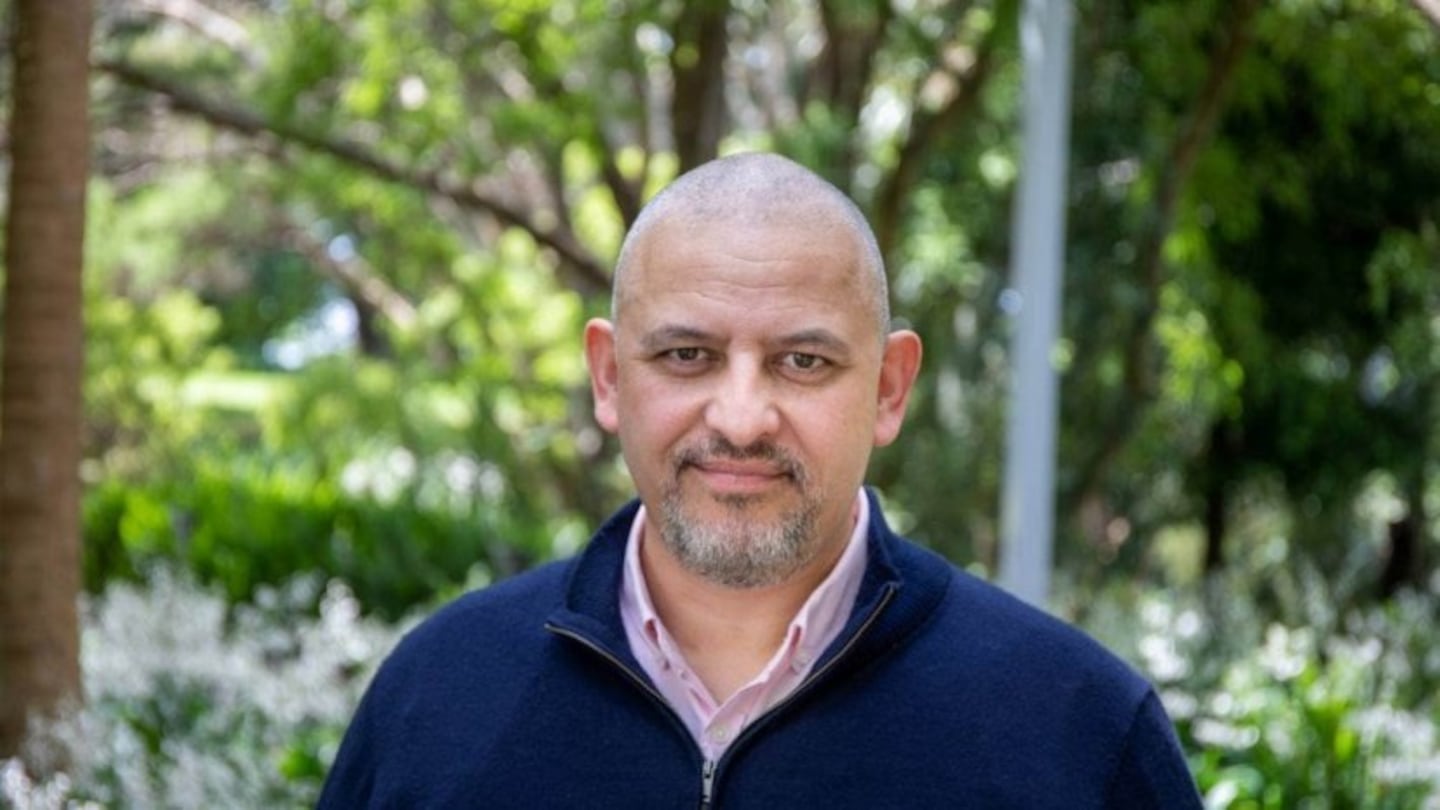By Jason Mika
OPINION: It is a sobering fact that Indigenous peoples are affected by poverty and climate change to a higher degree than other people.
At the United Nations 77th General Assembly last October, José Francisco Calí Tzay, special rapporteur on the rights of indigenous peoples, spoke to this issue. He believed it was due to biodiversity decline on Indigenous lands, as a result of the world’s industrialisation and overconsumption.
Others at the assembly agreed that the solution lies in making sure that Indigenous people remain connected to their ancestral land and knowledge, and that they play a key role in developing climate change policy. Though these words are true, I question if they have resulted in the urgent and meaningful action that is necessary to create lasting change.
I feel the weight of this question even more so when considering my own country, Aotearoa New Zealand. Our historically European approach to trade has had a huge impact on us – not just for Māori, but for all New Zealanders.
Māori excluded
The 1840 Treaty of Waitangi was in large part about trade, and the prosperity that both Māori and the Crown hoped would result. But colonisation has had a lasting impact on Māori and the Māori economy.
Māori were essentially excluded from developing the economic policy and infrastructure around our growth as a global food producer and trading partner.
Today, we appreciate that Māori as te Tiriti (the Treaty) partner must exercise real influence over trade policy at all stages of decision-making. This means an integral Māori role in international trade and investment agreements to make sure that Māori are considered in every decision.
New Zealand has already taken steps to review its trade approach. The trade policy principles in the Trade For All Agenda are intended to support Treaty partnerships with Māori.
Furthermore, Māori strategies and policies – including He kai kei aku ringa, the Crown-Māori Economic Growth Partnership strategy – champion approaches that encourage Māori economic growth, Indigenous trade, and Māori interests in free trade agreements.
Trading seen differently
But there is more that should be done. To understand the wider benefits to our economy, our climate, and our role in international trade, we must understand the differences between European and Indigenous approaches to trade.
An Indigenous perspective sees trade differently. It’s a relational exchange of culture, resulting in people, knowledge, and artefacts that show a unity with nature. This encourages intergenerational equity, and economic, social, and environmental value for all.
In New Zealand, an ao Māori (Māori world view) approach places greater attention and mana on forming deep and mutually respectful relationships with trade partners, delivering long-term benefits to both partners and their communities.
All things, animate and inanimate, are considered related, and therefore, environment, economy, and society are seen as inseparable elements of an integrated “environmental economy”.
Alongside its vital contribution to sustainable practices, the Māori economic sector also has a key role in contributing to Aotearoa New Zealand’s wider economy.
Huge potential
Māori enterprise goods and exports have grown rapidly between 2015 and 2022. In 2021, Māori authorities exported goods valued at $872 million, while other Māori enterprises exported a further $223m.
While the current estimate of $1.1 billion of Māori merchandise exports per year is only about 1.5% of Aotearoa New Zealand’s total export value, building a system to support Indigenous trade would materially increase Māori exports, which have huge potential to grow.
By transforming our trade policy to embrace traditional Māori trade principles, we can build a climate-resilient, sustainable economy that is equitable and that produces high-value goods and services. This is an aspiration shared by multitudes of indigenous and non-indigenous peoples globally.
The potential for change is real – and I would argue imperative – if we are to support our future generations to prosper.
But none of this can be achieved in isolation. Partnership is key: New Zealand needs to work with a variety of key Crown agencies, as well as global Indigenous researchers, to combine the intellectual power of Indigenous and non-Indigenous experiences. Internationally, partnership with the UN and the OECD will help to translate research into effective practice.
This week the University of Waikato Te Kotahi Research Institute will host Te Kāhui a Kiwa. A key purpose of this conference is to discuss the Comprehensive and Progressive Agreement for Trans-Pacific Partnership (CPTPP) and Indigenous trade on behalf of the Ministry of Foreign Affairs – as part of Aotearoa New Zealand’s host responsibilities as chair of the CPTPP.
This provides a unique opportunity to hear from people who are committed to supporting positive Indigenous trade outcomes. I look forward to excellent kōrero, to ensure that we meet our Tiriti obligations, and to explore the exciting possibilities for embedding an Indigenous trade approach into our future together.
You can find more about the conference, speakers and panel discussions here.

